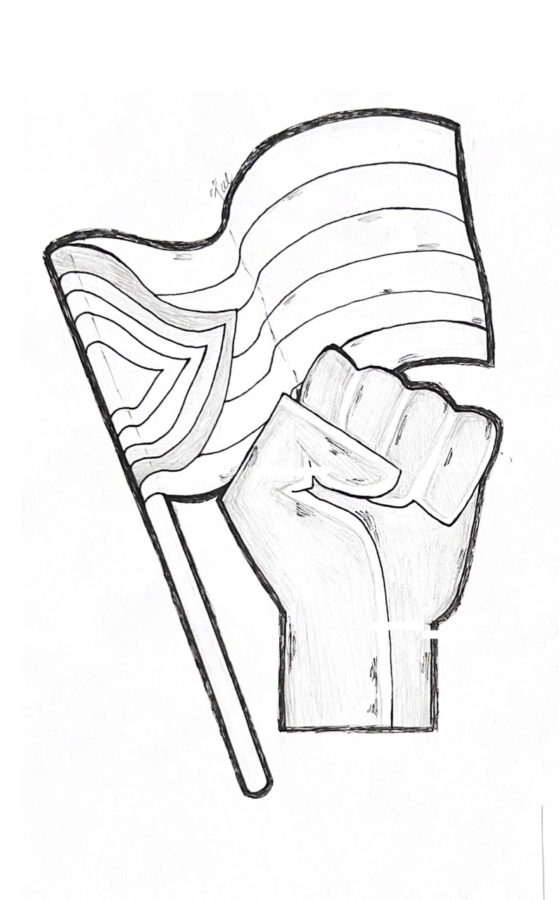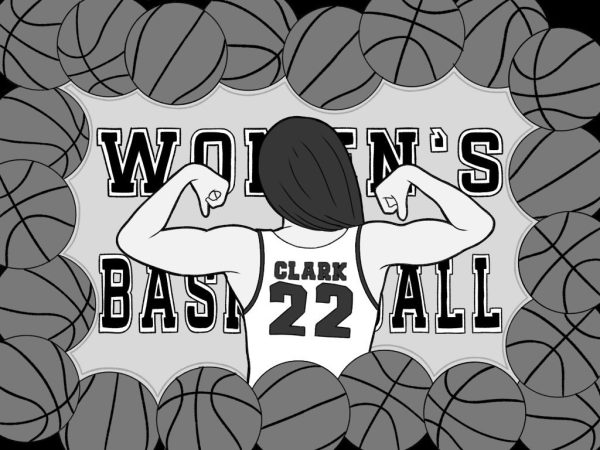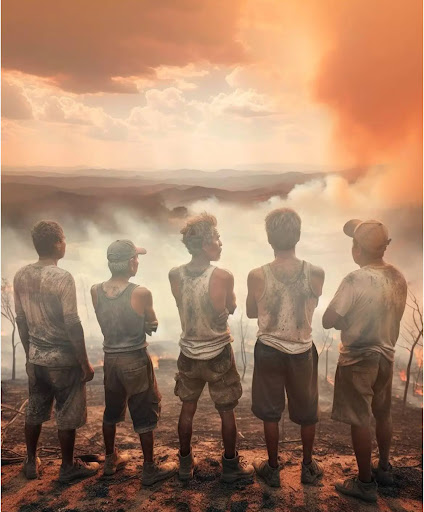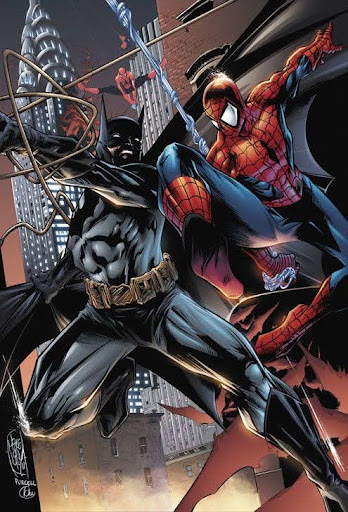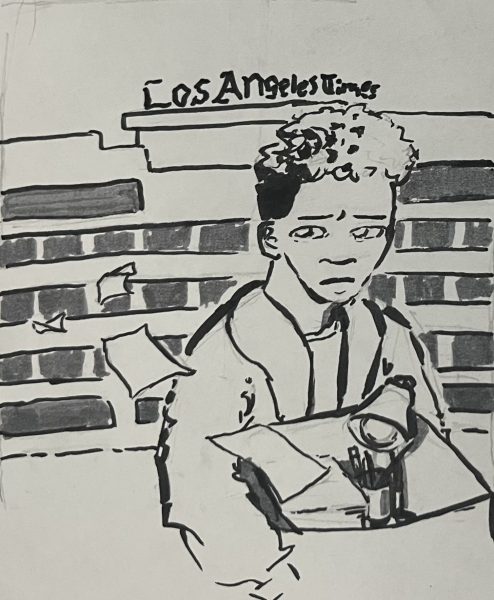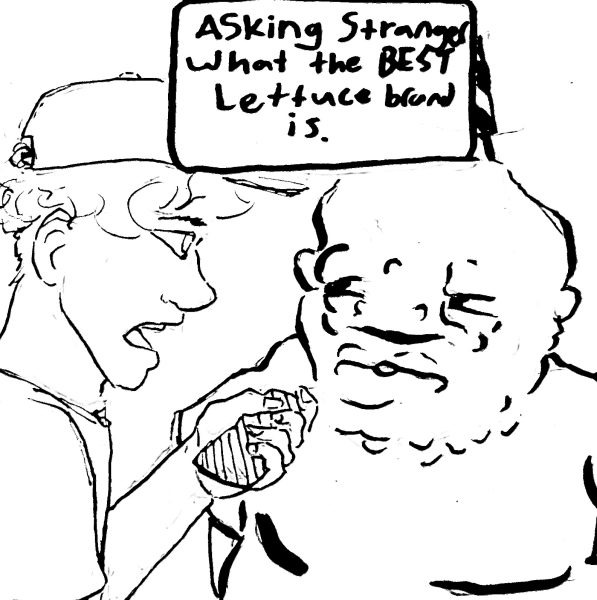Let’s Talk About Black History Month: Intersectionality
April 20, 2023
Intersectional identities refer to the ways in which individuals experience multiple forms of discrimination and oppression based on their various social identities.
In the case of Black LGBTQ Americans, the compounding effects of racism and homophobia are evident in many areas of life. These include the health care system, interactions with police officers and much more.
Overall, it is clear that intersectional identities have a significant impact on individuals’ experiences and opportunities in life.
The GSA created a survey to ask all students about their experiences; here are some of the comments anonymously shared with us that we found significant. As a reminder– all are welcome to the GSA Meetings on Thursdays. Please see the Gay Straight Alliance page on venicehs.org for more details.
“Often when I voice myself, I am speaking into a vacuum, my voice erased from the conversation I started. It’s incredibly invalidating being combated with others’ oppression. Then I am placed in this weird trauma Olympics and I just feel like not talking anymore. I know my friends don’t mean to but they just don’t get how it’s hard to live with my melanin. I am often made to feel undesirable and frankly like an alien and it’s an isolating feeling.”
Black LGBTQ individuals often find themselves at the intersection of multiple forms of discrimination, including anti-Blackness and anti-LGBTQ sentiments. As a result, Black LGBTQ individuals may alter their behavior to avoid potentially harmful experiences.
This is especially evident in students with intersectional identities where they might “choose” a side to feel “safe,” especially if they feel their communities are unsafe, generally aligning with what is the most accepted.
“The biggest challenge of being a queer Latino is the struggle of not feeling completely accepted in both communities having to … choose one identity over another.”
However, this may negatively affect their self-esteem, their interpersonal relationships, and their overall success. So having a good community is essential.
“Ultimately, being unsure about whether my family accepts me or not, looking stereotypically cisgender, and not being seen as bisexual makes me feel something similar to racial/cultural imposter syndrome. Being gay comes with a culture, one that I am not a part of.”
“Being gay in a world made for straight people is challenging mainly because I feel scared and wrong. I’m worried that if I hold my girlfriend’s hand around people I don’t know they’ll say something or even do something, and I’m constantly reminded that it’s weird or wrong or a joke to be part of the LGBTQ+ community by kids in the hallways around school!”
We wrote this article to shine a light on intersectionality, especially coming off the heels of Black History Month. All to say, let all the parts of yourself breathe, the world needs the unique perspectives you bring and so do you.
Despite these challenges, it is also imperative to recognize the positive contributions that people with intersectional identities have made throughout history.
Two notable figures include Bayard Rustin and Audre Lorde. Bayard Rustin was a close advisor to Martin Luther King Jr. and one of the most influential and effective organizers of the Civil Rights Movement. He was also an African American leader in other social movements including civil rights, socialism, nonviolence, and gay rights (John D’Emilio, outhistory.org).
Audre Lorde, on the other hand, was a self-described “Black, lesbian, feminist, mother, poet, warrior who made lasting contributions in the fields of feminist theory, critical race studies, and queer theory through her pedagogy and writing,” (Gwen Aviles, Ariel Jao and Brooke Sopelsa, nbcnews.com).

